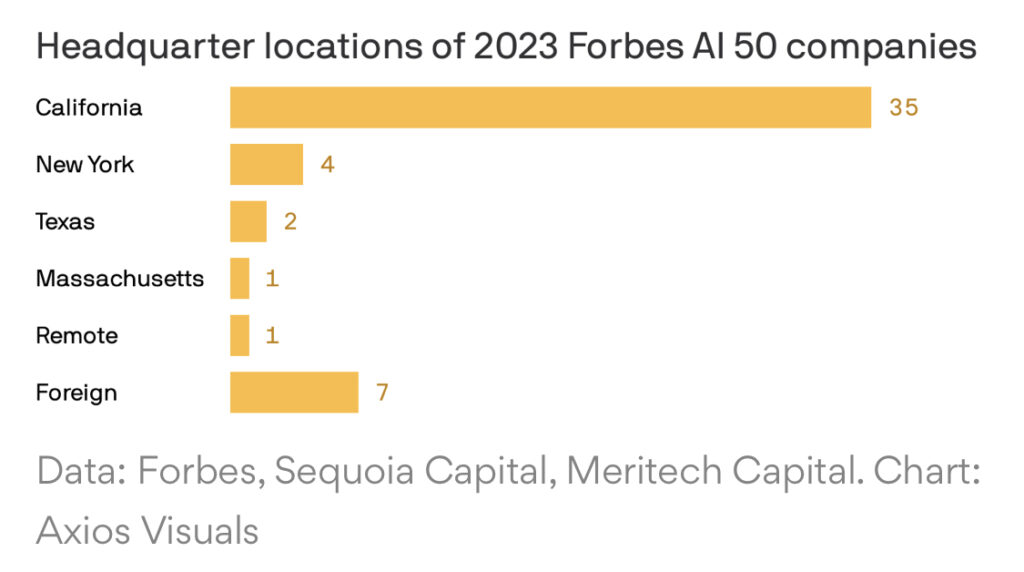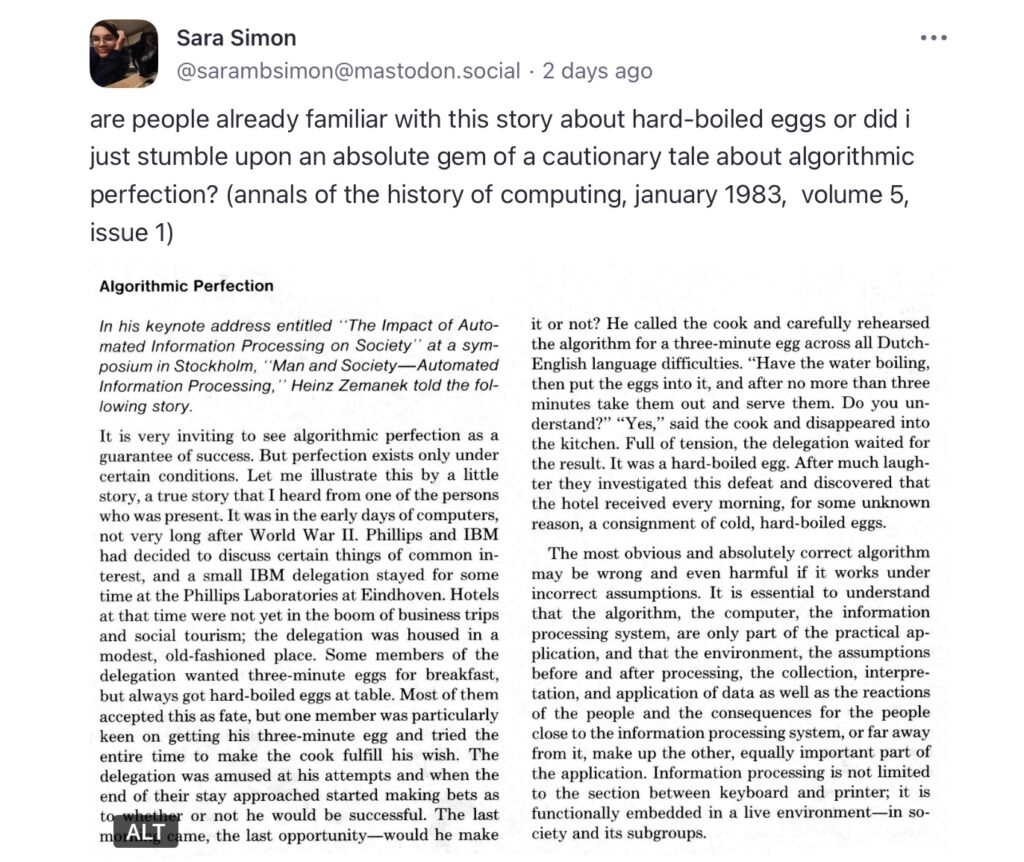Tilly RIP

We had to bid farewell to our beloved cat Tilly last night. She was 19.5 years old, so you could say she had a good innings. But she had been a lifelong companion for two of my children and a constant background to our lives. She often gave me disapproving looks, so I was pleased to dig up this picture, in which she is merely saying “You cannot be serious!”
She also had the ability to curl herself up into an almost-perfect circle.

Quote of the Day
”More tears are shed over answered prayers than unanswered ones.”
- St Theresa of Ávila
Musical alternative to the morning’s radio news
Geshwin | Rhapsody in Blue | Khatia Buniatishvili
It’s 17 minutes long, but worth every minute.
Long Read of the Day
The Political Economy of Technology
Terrific review essay on Project Syndicate by Bill Janeway (Whom God Preserve) on Daron Acemoglu and Simon Johnson’s book, Power and Progress. It’s a terrific book, but it’s also a long read. Bill has done a consummate job of summarising many of its key arguments and adding value as he goes.
Highly recommended. But set aside some time for it.
My commonplace booklet
50 years ago: Henry Kissinger and the death of democracy in Chile
Robert Reich remembers the other 9/11 anniversary that occurred on Monday.
As Chile marks the 50th anniversary tomorrow of the coup that brought strongman Augusto Pinochet to power for almost 17 years — toppling Chile’s democratically elected socialist government and resulting in the murders and “disappearances” of thousands of Pinochet’s political opponents — it’s important to recall the central role played by Richard Nixon and Nixon’s national security adviser, Henry Kissinger, in this atrocity.
Kissinger — now 100 years old, and who in my humble opinion should be considered a war criminal — urged Nixon to overthrow Chile’s democratically elected government of Salvador Allende because Allende’s “‘model’ effect can be insidious,” according to declassified documents posted by the U.S. National Security Archive.
On September 12, 1970, eight days after Allende’s election, Kissinger initiated discussion on the telephone with CIA Director Richard Helms about a preemptive coup in Chile. “We will not let Chile go down the drain,” Kissinger declared. “I am with you,” Helms responded. Three days later, Nixon, in a 15-minute meeting that included Kissinger, ordered the CIA to “make the Chilean economy scream,” and named Kissinger as the supervisor of the covert efforts to keep Allende from being inaugurated…
An awful lot more people died in Chile that year (and in succeeding years) than in the attack in New York.
I’m reminded of Tom Lehrer’s observation that “Satire died the day Henry Kissinger was awarded the Nobel Peace Prize.”
Errata
On Monday I claimed that Walter Isaacson’s biography of Elon Musk ran to 360 pages. That was a typo — it’s 670 pages long. I know, because I’ve read the whole damn thing.
This Blog is also available as an email three days a week. If you think that might suit you better, why not subscribe? One email on Mondays, Wednesdays and Fridays delivered to your inbox at 6am UK time. It’s free, and you can always unsubscribe if you conclude your inbox is full enough already!















